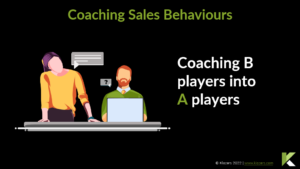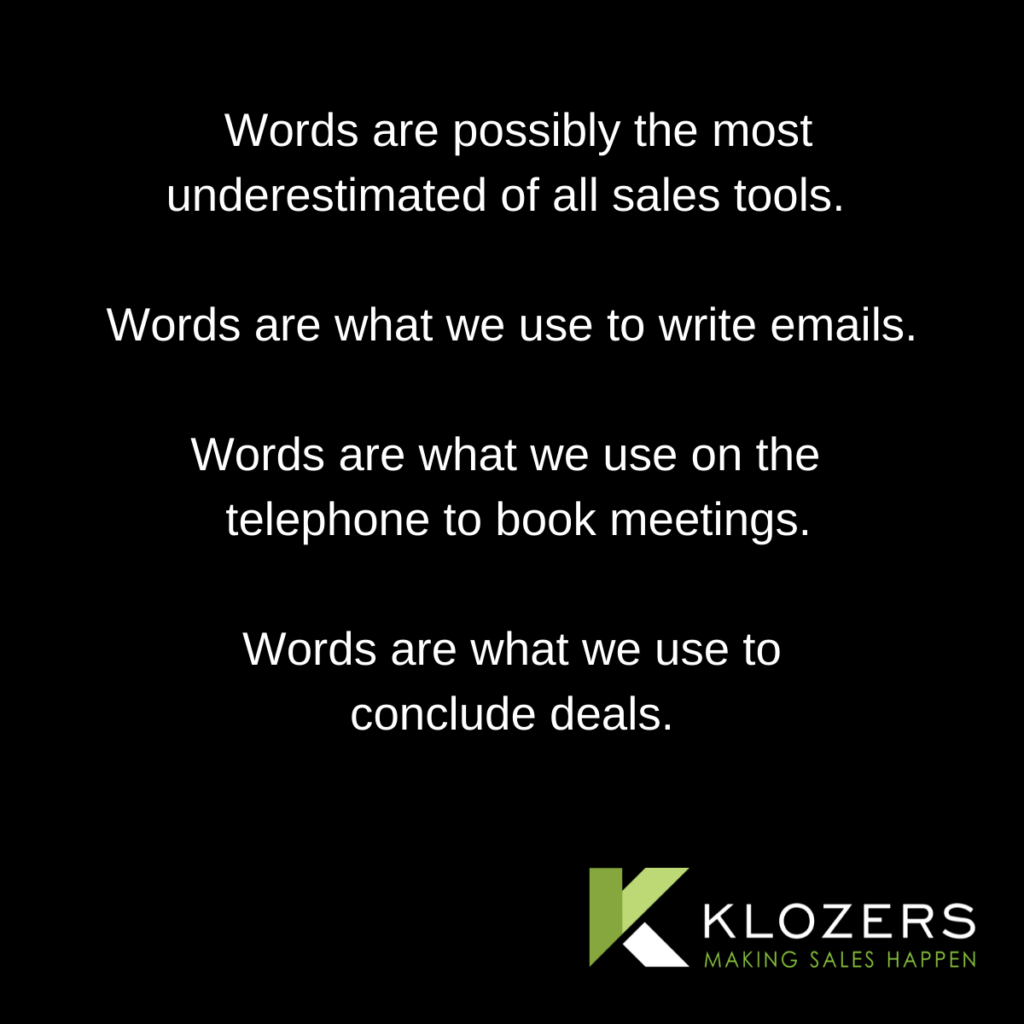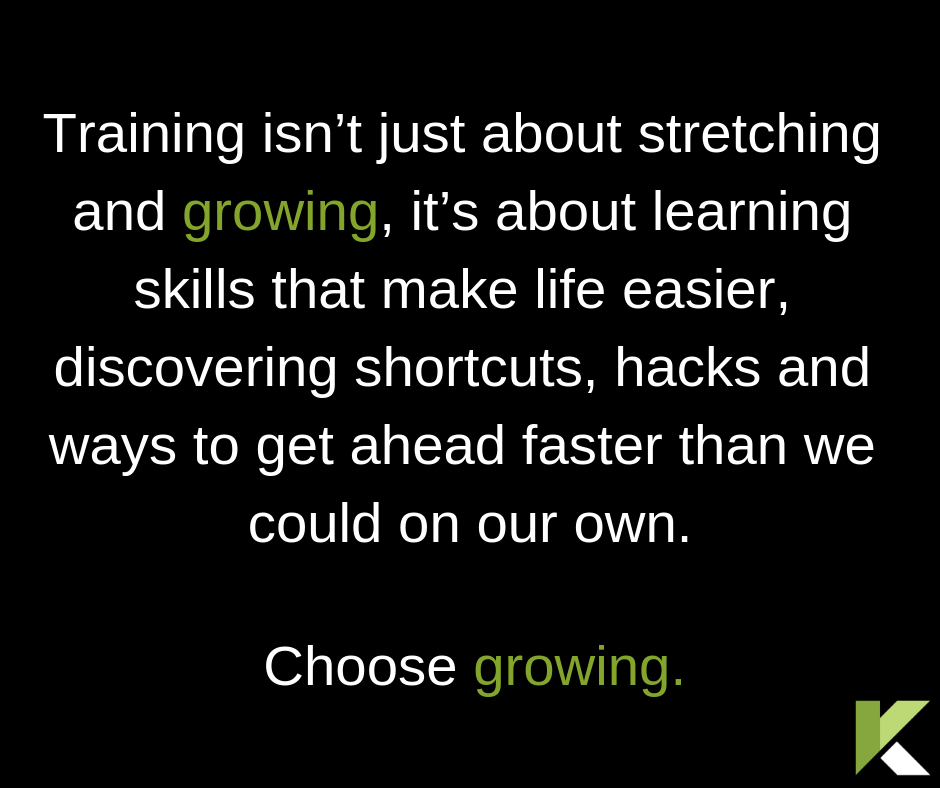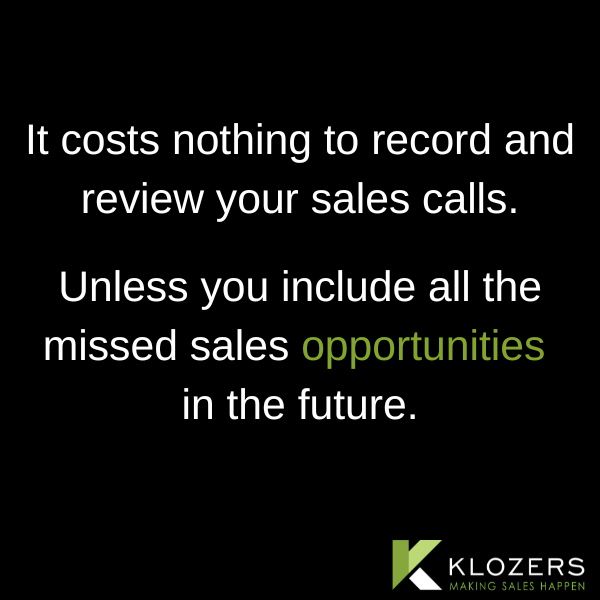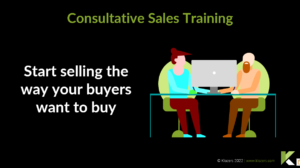* Preparation
When we think of cold calling, we might think of sales reps being in an endless rush, jumping from potential customer to potential customer without a thought. However, proper preparation is an important part of successful cold calling. In some instances, scripts can be a useful tool. If scripts are used then the sales rep should prepare and learn the script, so they can sound engaging on the phone, rather than robotic.
* Record Keeping
Keeping track of your progress as a cold caller is an important part of the cold calling process. It can be demoralising making call after call and getting making no progress, but if the company or sales person keeps an efficient log of call rates then this can motivate the sales reps. For example, if a cold calling sales team know they have a success rate of 1 in 50, and the sales person has made 15 calls without any success, they know that this can be a common occurrence and if they use their skills correctly a sale may be round the corner.
* Plan for the day ahead
Modern business is full of statistics, and every last detail can be logged somewhere. This can be useful in looking at the success rates of cold calling. Are there particular times of the day, days of the week, or parts of the month when telephone prospecting is more successful than others.
If clear patterns emerge then sales teams should double up their efforts to take advantage of the successful patterns. When cold calling is less successful then this time could be better spent on team training or meetings. It would be poor team planning if a weekly meeting was scheduled on the most successful time of the week!
If it takes you a couple of calls in the morning to full get into the swing of things, then you can always keep your best prospects back a couple of hours, or even keep them until the time/day when you know cold calls are more successful. You will however, need to work around the availability of the buyer.
* Follow Up
Following up with a cold call contact is vitally important. During the phone call you might think that the person isn’t interested, but even a short follow up email could bring them onto your side. The buyer may not have heard about your company before, and be sceptical of your business claims.
If they are provided with some material material and links to your website, they can corroborate your information themselves, which is a powerful tool. Emails which are sent after a cold call have a surprisingly high open rate.
* Practice makes permanent
If you want to be good at something you need to practice, practice and practice some more. It is thought that to become a cold calling expert you need to dedicate 10,000 hours to doing it.
You will need to guard against practice making bad habits permanent. It can be easy to rid ourselves or our sales teams of bad traits if they don’t do it too often or they have just started, but once they are embedded it can be much harder to get rid off.
Therefore, it is important that salespeople receive training prior to starting cold calling, and that regular sales training and review procedures are in place to avoid problems becoming permanent.
* Share ideas and experience across the team
Sales people are naturally competitive people, they will want to beat their colleagues in the number of sales or appointments secured. However, there is a lot to be said for teamwork. Debriefing at the end of the day can be used to refine sales pitches to what works and what doesn’t work. Sharing experiences both good cold calls and bad can also be reassuring to colleagues.
Cold calls don’t always go to plan, and it can be a good idea to expect the unexpected, and prepare as an individual or as a team for what response you should give in unexpected circumstances.
